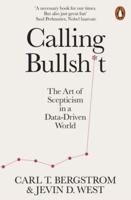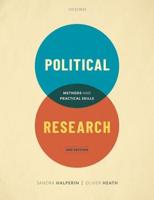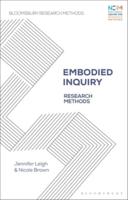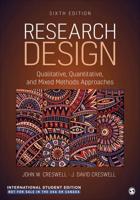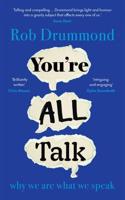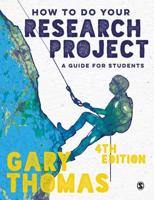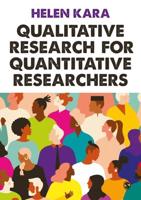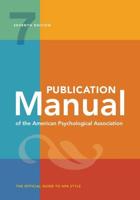Publisher's Synopsis
In this exciting and major updating of one the most important textbooks for beginning qualitative researchers, David Silverman seeks to match the typical chronology of experience faced by the student-reader. Earlier editions of Interpreting Qualitative Data largely sought to provide material for students to answer exam questions, yet the undergraduate encounter with methods training is increasingly assessed by students doing their own research project. In this context, the objective of the Third Edition is to offer undergraduates the kind of hands-on training in qualitative research required to guide them through the process. New to the Third Edition:Substantially rewritten to better match the realities of undergraduate qualitative methods coursesMore worked examples throughout the book to help students work with their dataChapter 1 now provides an extensive discussion of the practical and design issues of how to get started, establish a limited research problem, select a method, address ethical issues, get the information required, and plan time effectivelyA completely new chapter on 'writing up' which includes a section on theorizing from data. Also, a completely new ethics chapter. Updating of all methods chapters In line with current undergraduate benchmarking practice, each section now begins with opening chapter objectivesInterpreting Qualitative Data, Third Edition is a companion volume to David Silverman's Doing Qualitative Research: A Practical Handbook (Sage, Second Edition 2005), a guide to the business of conducting a research project, together with its accompanying volume of key readings, Qualitative Research: Theory, Method & Practice (Sage, Second Edition 2004), which provides further, more focused, material that students require before contemplating their own qualitative research study. is a companion volume to David Silverman's (Sage, Second Edition 2005), a guide to the business of conducting a research project, together with its accompanying volume of key readings, (Sage, Second Edition 2004), which provides further, more focused, material that students require before contemplating their own qualitative research study.

